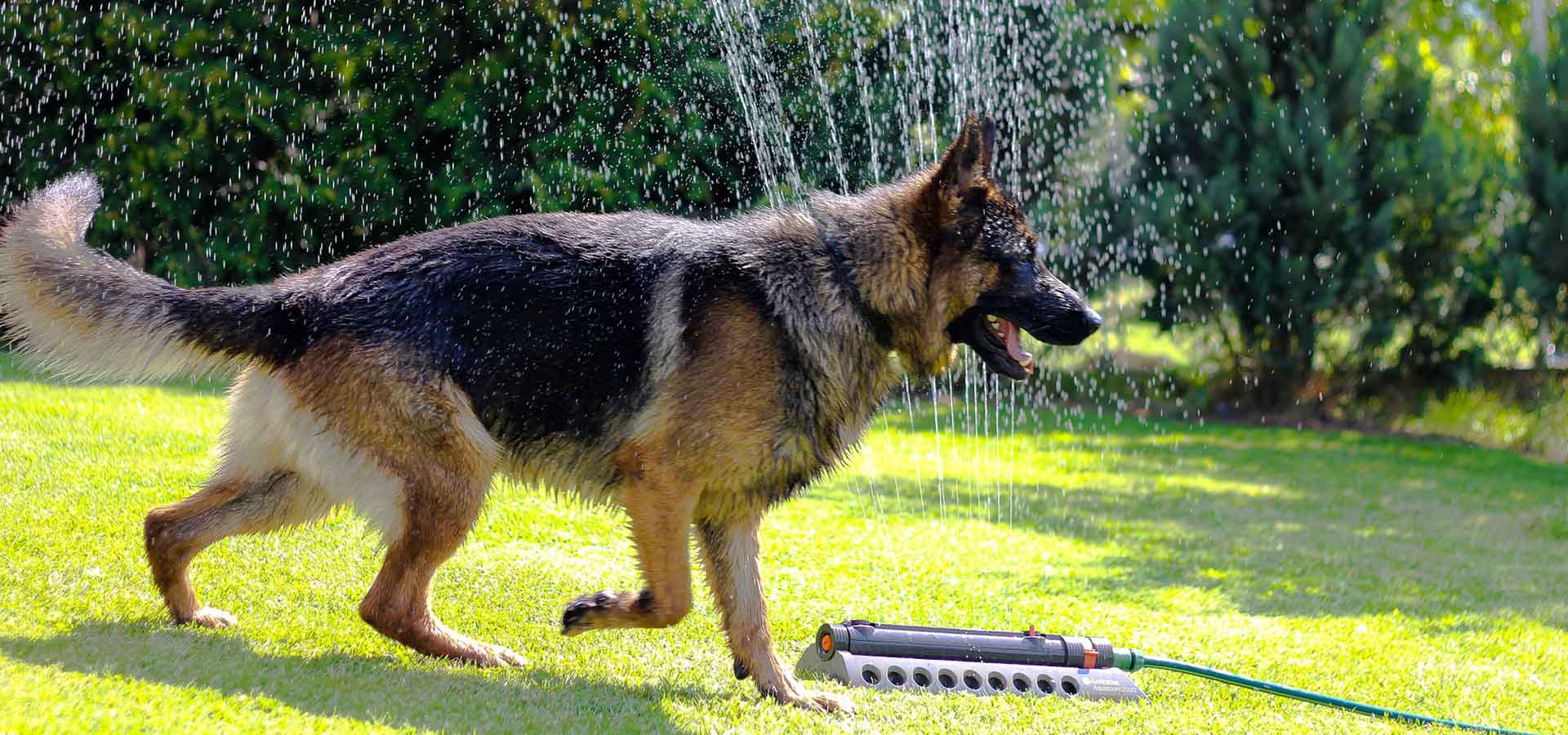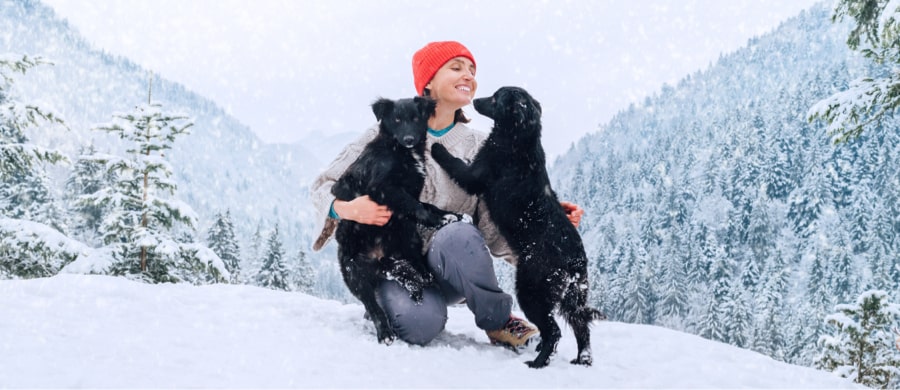Depending on what type of breed of dog you have, you will notice that some are more vocal than others and produce noises to inform you how they're feeling. It’s also apparent that some breeds use their voices more expressively, or have their own distinct sound, or cry - this is known as a 'voluntary sound', which means your dog is making that noise on purpose and has control over this; similar to a naughty child.
Every dog breed is different, some snore more than others and can be more sniffly and breathe loudly even why they are awake. Some breeds are prone to snore and breathe loud when they are rested and can often make loud noises after a good run around. Whilst some breeds make very little noise and are practically silent, unless their panting after running, or when hot. Some dog breeds have very little control over the sound they're making or if they're snorning or breathing heavily. This can be breed realted, or how their face and vocal cords are structured, or in some cases, this can also unearth an underlying issue, especially if it's uncommon for the type of breed you have.
This article will analyse loud breathing and discuss snoring whilst your dog is awake and the potential causes/issues behind it.
Allergies can have an impact on breathing
Allergies to pollen, food or anything can produce a systemic effect on your dog causing health issues such as digestive problems, and hay fever signs, despite of the particular allergen.
It’s often a challenge spotting an allergy that your dog may be suffering with as the effect of allergies on your dog can be varied. If your dog is of a healthy weight and has a normal muzzle and still spears to be snoring while active or becoming very loud when breathing normally then allergies should be considered as a primary thing to investigate.
Do they have an infection or virus?
When a human being has a normal cough cold they're most likely to be breathing more loudly than normal and may even snore on a night. This is the same with dogs, so if your dog normally breathes quietly and they appear to have a cold, this can cause them to breathe loudly and snore even when awake.
Most infections will clear up themselves with a day or two for a healthy dog. If your dog persists to breathe heavily and it doesn't seem to be getting any better, then we recommend you visit the very.
A cold, cough or a case of the flu, it’s most likely that a humans breathing would also be quite heavy and loud, night time snoring would also be expected even if a person is normally not considered a noisy sleeper! Unfortunately dogs suffer in the same way, so if your dog’s breathing is generally quiet but they seam to have difficulties breathing, this could also develop into snoring while awake and loud breathing sounds.
Any minor infections of the respiratory passage normally disappear and clear up with a few days in healthy dogs, however if the problem continues or please make sure to take your dogs to the vets to make sure required health checks are make.
Potential breed realted issues
One of the most frequent causes of loud breathing that sounds snuffled, whistling is often down to the conformation, which is mostly associated with breed that have brachycephalic which is a flat and wide skull shape. Typical brachycephalic skull features are short and flat muzzled, which often leads to nasal passages being shorter than normal and occasionally causes prominent eyes, as with breeds that have a flat face, such as the French Bulldog, English Bulldog, Pug and Cavalier King Charles Spaniel.
A brachycephalic skull is a standard breed trait that is common for dogs like these. The amount of the exaggerated flatness of the face is what signifies how loud or how normal their breathing noises would be. Less of an exaggerated flatness will usually result in a quieter dog.
Do they have a blockage in their airway?
Dogs are born to sniff and this is something absolutely love doing. However this can sometimes result in them inhaling small particles like grass seeds. Small hairs that can be found up a dogs nose care called: cilia and the nasal mucous works together to help keep away from things that the dog sniffs up entering their nasal passage or indeed their respiratory system.
If you hear noisy breathing and if your dog is displays other symptoms like sneezing or trying to tell you that something is irritating them, then they might have something blocking within their nasal passage, which might require a visit to the vet.
Are they overweight?
It comes as no shock that dogs that are overweight will indeed snore and breathe louder than a dog of normal weight regardless of their breed. This is linked to the extra fat that they are carrying that can occlude the airways leading to their breathing becoming restricted and making it hard for the air to flow naturally through the lungs. Bringing the overweight dog back down to a normal weight will make a big difference in their breathing and overall health.
It is important as a responsible owner that your dog is kept at a healthy weight regardless of their breed. For further information on your dog’s health please visit our pet advice section.




